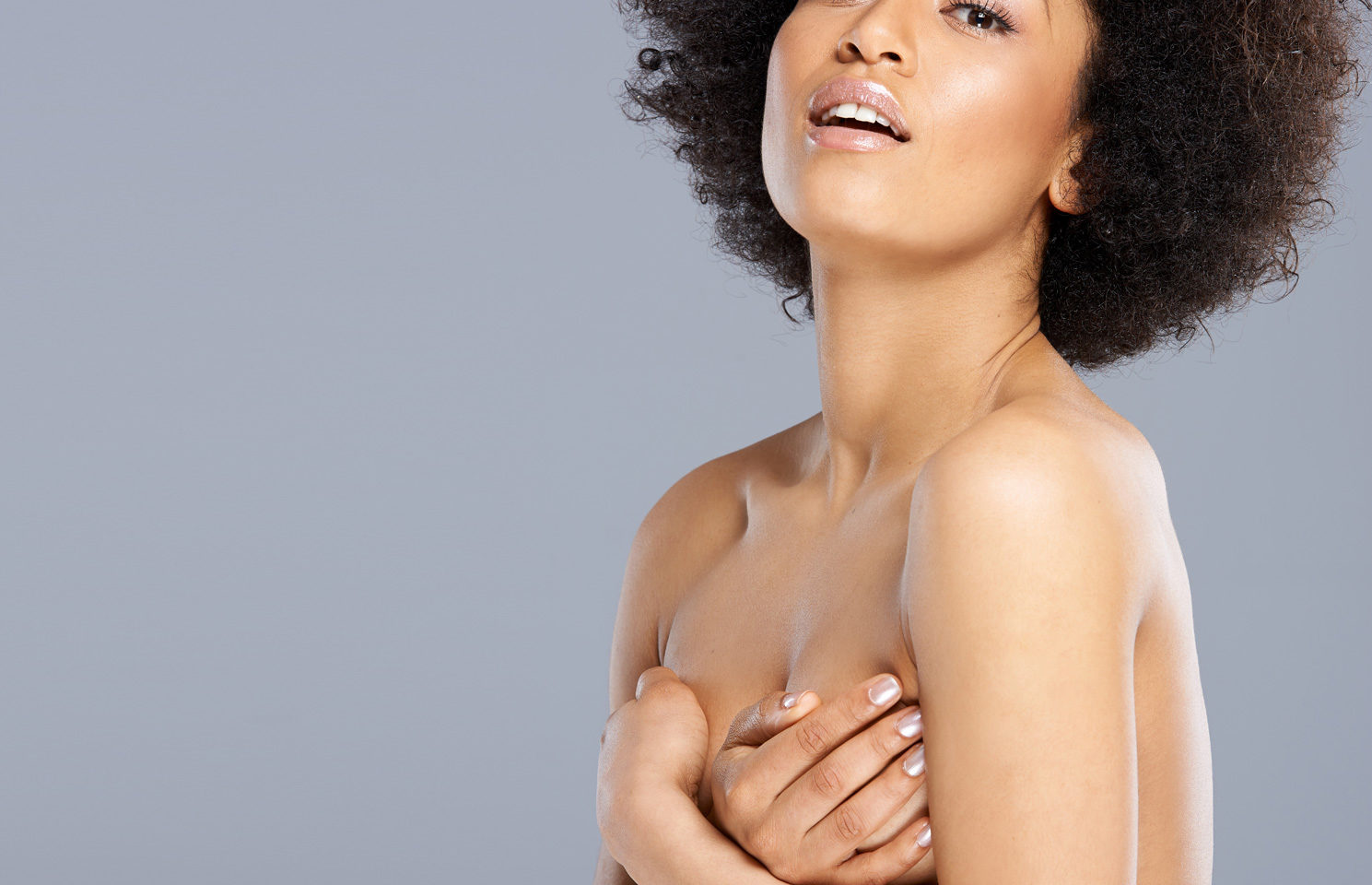Before she was wearing a training bra, Bonny Lisbino knew the importance of taking care of her breasts. “I remember, as a little girl, seeing a card in the shower. It had a lady with one hand up, and the other hand touching one of her breasts,” she recalled.
But more important than the breast self-exam guide she saw in the shower every day, are the conversations she had with both of her parents. Her mom, a nurse. Her dad, a surgical oncologist. They talked to her about why it was important to get to know her breasts. To touch them. To look at them. To know what is normal for her and when something is different.
In her mid-30s, Bonny noticed something different, and went in for a mammogram. “I had three mammograms. One was positive. One was negative. The other was inconclusive. I didn’t know what was going on!” 
Bonny Lisbino
She was relieved to learn later that she did not have breast cancer, but knows she’s one of the lucky ones, and not just because of her final test results.
“My insurance didn’t cover my mammogram because I was still in my 30s – too young to be screened for free. But I was able to afford to pay for it out of pocket. A lot of women can’t do that.”
Insurance companies pay for mammograms based on screening guidelines, which currently recommend screenings begin at 40. But that age could be pushed up to 50, which would be devastating for Black women, who tend to get breast cancer at an earlier age than other women. On top of that, Black women have more dense breast tissue, which makes cancer harder to detect with traditional mammograms. That’s why we encourage Black women to ask for 3D mammograms.
“I grew up in a home where it was normal to talk about health care – including breast cancer – so I know the importance of it. That’s why I believe we shouldn’t wait to talk to Black women about breast health. Start having the conversations with them early, in their late teens and 20s, especially if it runs in the family,” Bonny said. “And don’t be afraid to tell your doctor if something feels different. Early detection can save your life!”
Click here to learn more about Black women and breast cancer.
Click here to for 7 things you should know before getting your mammogram.


